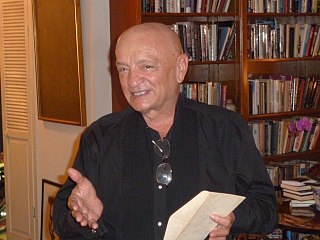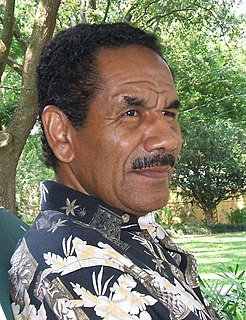A Quote by Joe Dante
Related Quotes
All three parts of filmmaking [writing, shooting, editing] contribute to rhytm. You want the script to be a tight as possible, you want the acting to be as efficient as possible on the set, and you have enough coverage to manipulate the rhythm in the editing room, and then in the editing room you want to find the quickest possible version, even if it's a leisurely paced film. I definitely in filmmaking more and more find writing and directing a means to harvest material for editing. It's all about editing.
You must stop editing--or you'll never finish anything. Begin with a time-management decision that indicates when the editing is to be finished: the deadline from which you construct your revisionary agenda. Ask yourself, 'How much editing time is this project worth?' Then allow yourself that time. If it's a 1,000-word newspaper article, it's worth editing for an hour or two. Allow yourself no more. Do all the editing you want, but decide that the article will go out at the end of the allotted time, in the form it then possesses.
Solitary confinement has been used extensively, it always has. I was in prison for 44 years; it was a normal part of life - the practice of it. They put you in solitary confinement for disciplinary reasons, they put you in solitary confinement to protect you from violence or whatever, and they also put you in solitary confinement just to show you who has got the power ... It's not something new; it's just something that nobody really cared about in the past.
Solitary. But not in the sense of being alone. Not solitary in the way Thoreau was, for example, exiling himself in order to find out where he was; not solitary in the way Jonah was, praying for deliverance in the belly of the whale. Solitary in the sense of retreat. In the sense of not having to see himself, of not having to see himself being seen by anyone else.
When you're writing it's a very solitary job. It's you and your word processor and a cup of tea. It's nice- that again, is another nice thing about being able to do commercials is, you can get out of the house and chase high speed cars around for a few days and then by the time you go back, you're kind of re-infused to write.
In the very beginning, women were editors because they were the people in the lab rolling the film before there was editing. Then when people like D. W. Griffith began editing, they needed the women from the lab to come and splice the film together. Cecil B. DeMille's editor was a woman. Then, when it became a more lucrative job, men moved into it.





































